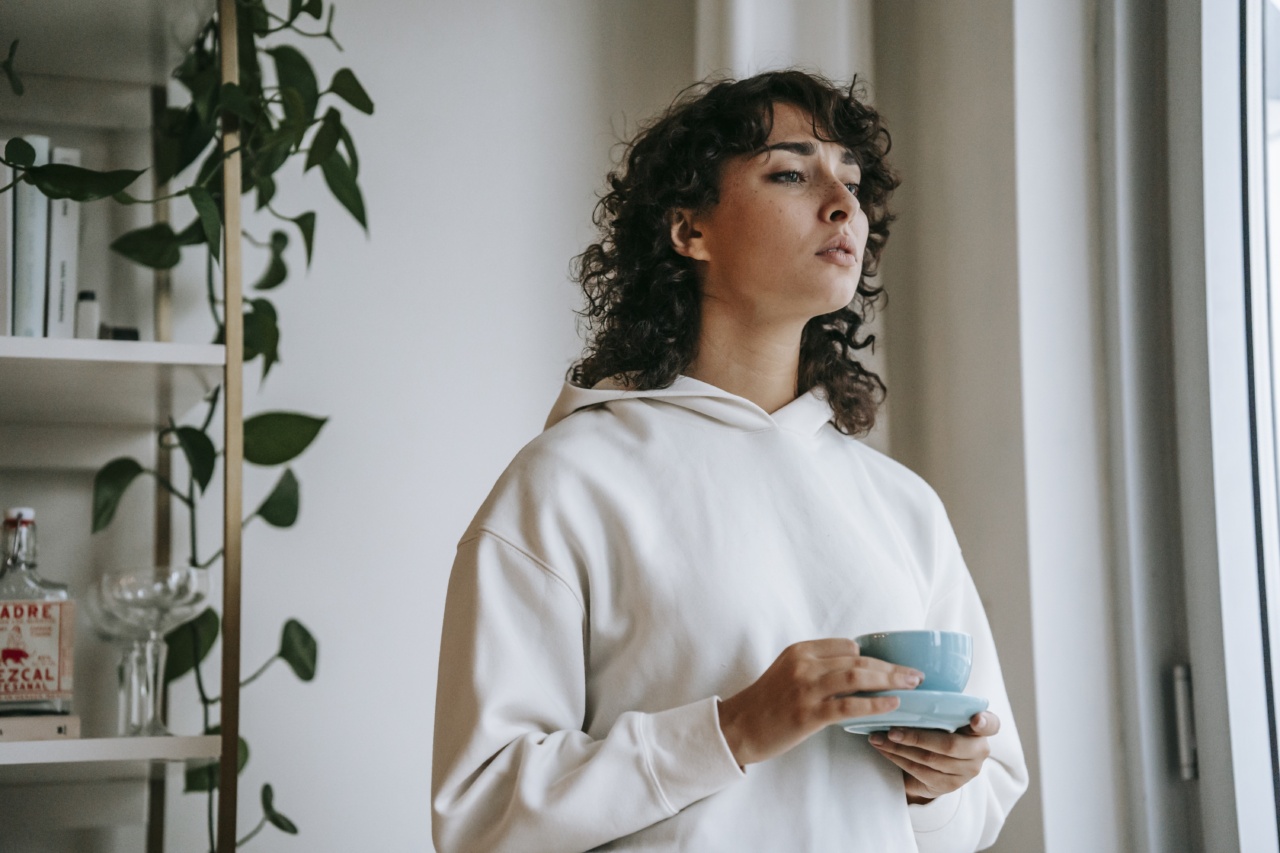Coffee is one of the most popular beverages worldwide, loved for its rich flavor and ability to provide an energy boost. However, recent studies have suggested a link between coffee consumption and the occurrence of panic attacks.
This has raised concerns among coffee lovers who rely on their daily cup of joe to start their day or keep them going. In this article, we will delve into the potential connection between coffee and panic attacks, exploring the available research and providing insights into how caffeine affects our bodies.
Understanding Panic Attacks
Panic attacks are intense episodes of fear or extreme anxiety that can cause physical and psychological distress.
Individuals experiencing panic attacks often describe symptoms such as a racing heart, shortness of breath, chest pain, dizziness, and a sense of impending doom. These attacks can be triggered by various factors, including certain phobias, stress, or underlying mental health conditions such as panic disorder.
What is Coffee?
Coffee is a popular beverage made from roasted coffee beans, which are the seeds of berries from the Coffea plant. It contains caffeine, a natural stimulant that affects the central nervous system and provides a temporary energy boost.
Besides caffeine, coffee also contains antioxidants and other compounds that contribute to its unique flavor profile.
The Link Between Coffee and Panic Attacks
While coffee is generally recognized as safe for consumption, some individuals may have a heightened sensitivity to caffeine.
Caffeine stimulates the release of stress hormones, such as cortisol and adrenaline, which can trigger or exacerbate symptoms of anxiety. For people prone to panic attacks, the consumption of coffee may act as a potential trigger, as caffeine can overstimulate the nervous system and increase feelings of restlessness and anxiety.
A study published in the Journal of Psychiatric Research found that individuals with panic disorder were more likely to experience a panic attack after consuming caffeine compared to those without the disorder.
The research indicated that caffeine can induce panic attacks by increasing cognitive and physical arousal, as well as activating the fight-or-flight response in vulnerable individuals.
Caffeine’s Effects on the Body
When consumed, caffeine is rapidly absorbed into the bloodstream and reaches peak levels within 30 to 60 minutes. It blocks adenosine, a neurotransmitter that promotes sleep and relaxation, leading to increased alertness and reduced feelings of fatigue.
However, this alertness comes at a cost.
Besides affecting the release of stress hormones, caffeine also impacts other neurotransmitters in the brain, such as dopamine and serotonin. It enhances their activity, which can contribute to a sense of pleasure and improved mood.
This may partly explain why many people rely on coffee for an emotional pick-me-up.
However, caffeine’s stimulating effects can also trigger various physical responses, including an increased heart rate, elevated blood pressure, and heightened muscle tension.
These physiological changes, combined with the release of stress hormones, can create an environment conducive to panic attacks in susceptible individuals.
Individual Variations and Moderation
It’s important to note that not everyone will have the same response to caffeine. Each individual’s tolerance and sensitivity to its effects can vary depending on factors such as genetics, overall health, and other lifestyle habits.
While some people may consume multiple cups of coffee daily without experiencing any adverse effects, others may be more susceptible to caffeine-induced panic attacks and anxiety symptoms.
Moderation is key when it comes to caffeine consumption. For those with a history of panic attacks or anxiety disorders, it may be wise to limit or avoid coffee altogether.
However, completely eliminating caffeine from your diet may not be necessary, as small to moderate amounts are generally considered safe for most individuals.
Alternatives to Coffee
If you are prone to panic attacks or simply want to reduce your caffeine intake, there are plenty of alternatives to coffee that can provide a similar energy boost without the unwanted side effects. Here are a few options:.
1. Herbal Teas
Herbal teas, such as chamomile, peppermint, or rooibos, are caffeine-free and can help promote relaxation and reduce anxiety. They come in a variety of flavors and can be enjoyed hot or cold.
2. Green Tea
Green tea contains lower levels of caffeine compared to coffee but still provides a gentle energy boost. It is also rich in antioxidants and offers numerous health benefits.
3. Decaffeinated Coffee
If you enjoy the taste of coffee but want to reduce your caffeine intake, opt for decaffeinated versions. These coffees have undergone a process to remove most of the caffeine while preserving the flavor.
4. Matcha
Matcha is a powdered form of green tea that provides a more sustained energy release compared to coffee. It contains lower levels of caffeine but offers a focused and relaxed state of mind.
5. Golden Milk
Golden milk is a turmeric-based beverage that combines various spices, such as cinnamon and ginger, with milk or plant-based alternatives. It is known for its anti-inflammatory and calming properties.
Conclusion
While coffee is undoubtedly a beloved beverage for many, it’s essential to recognize that its caffeine content can potentially trigger panic attacks in susceptible individuals.
The link between coffee and panic attacks is not universal, as individual responses can vary.
Moderation and self-awareness are key in managing caffeine intake, and individuals experiencing panic attacks may find it helpful to explore alternative, caffeine-free options to enjoy a warm and comforting beverage without the potential side effects.






























